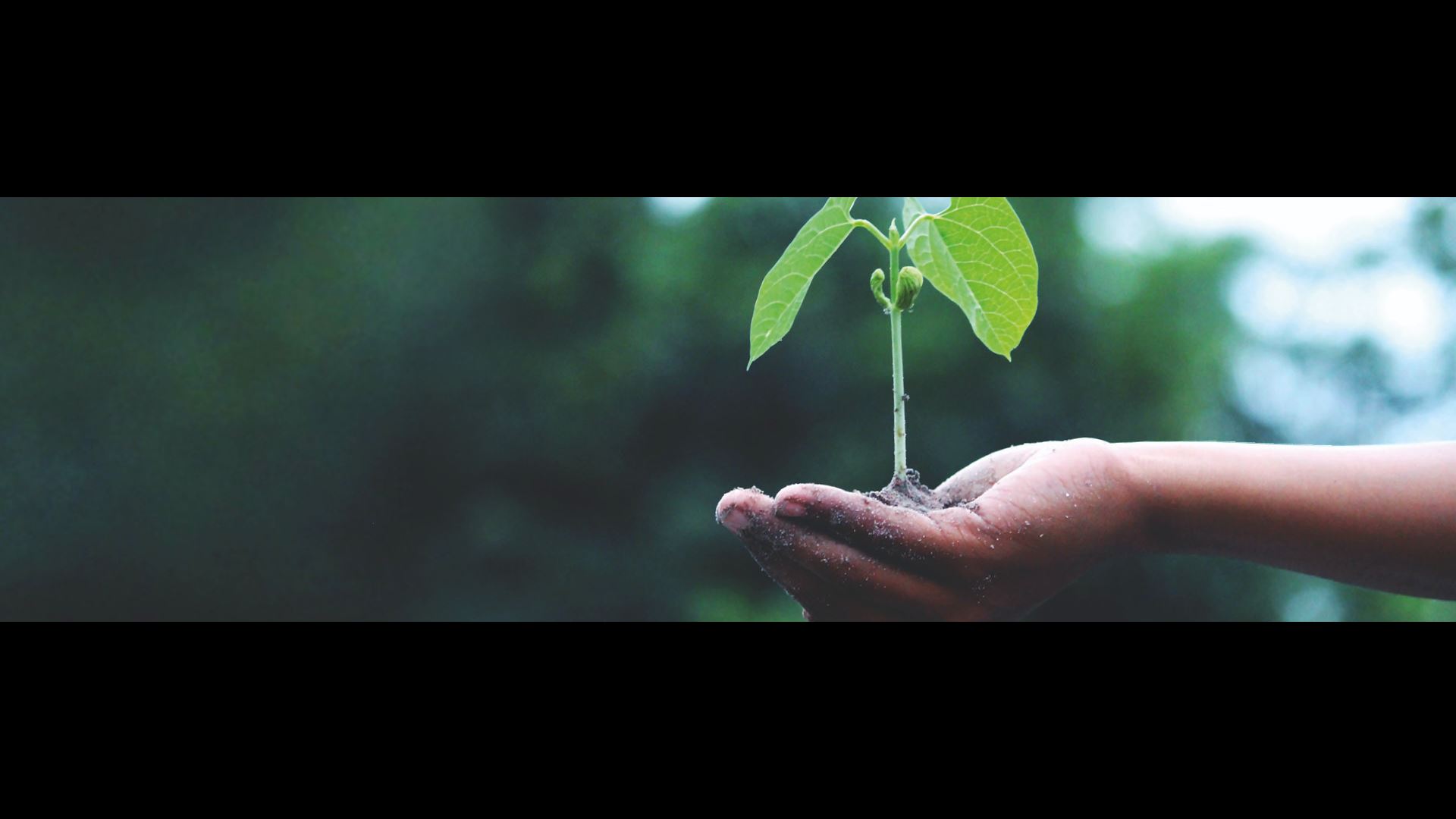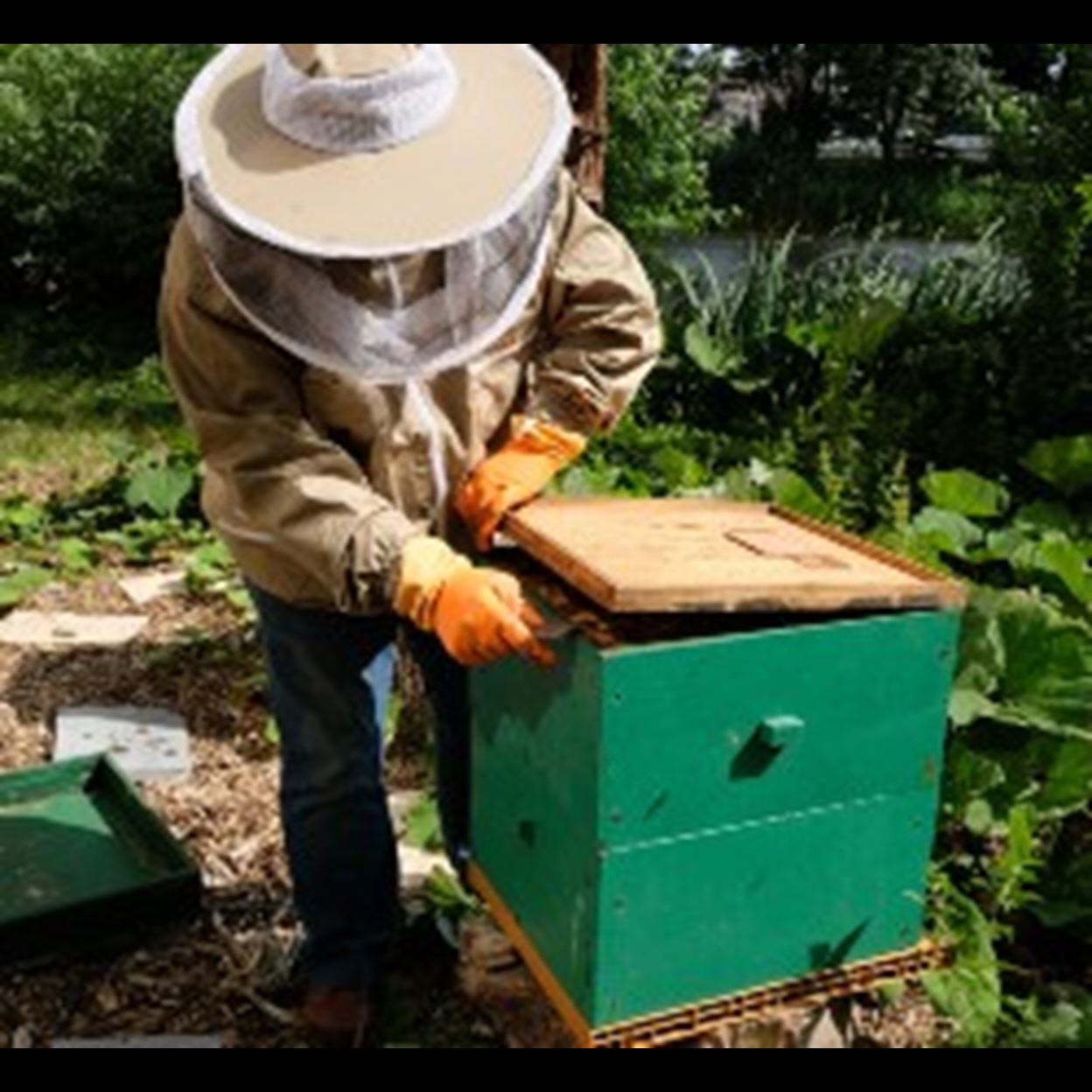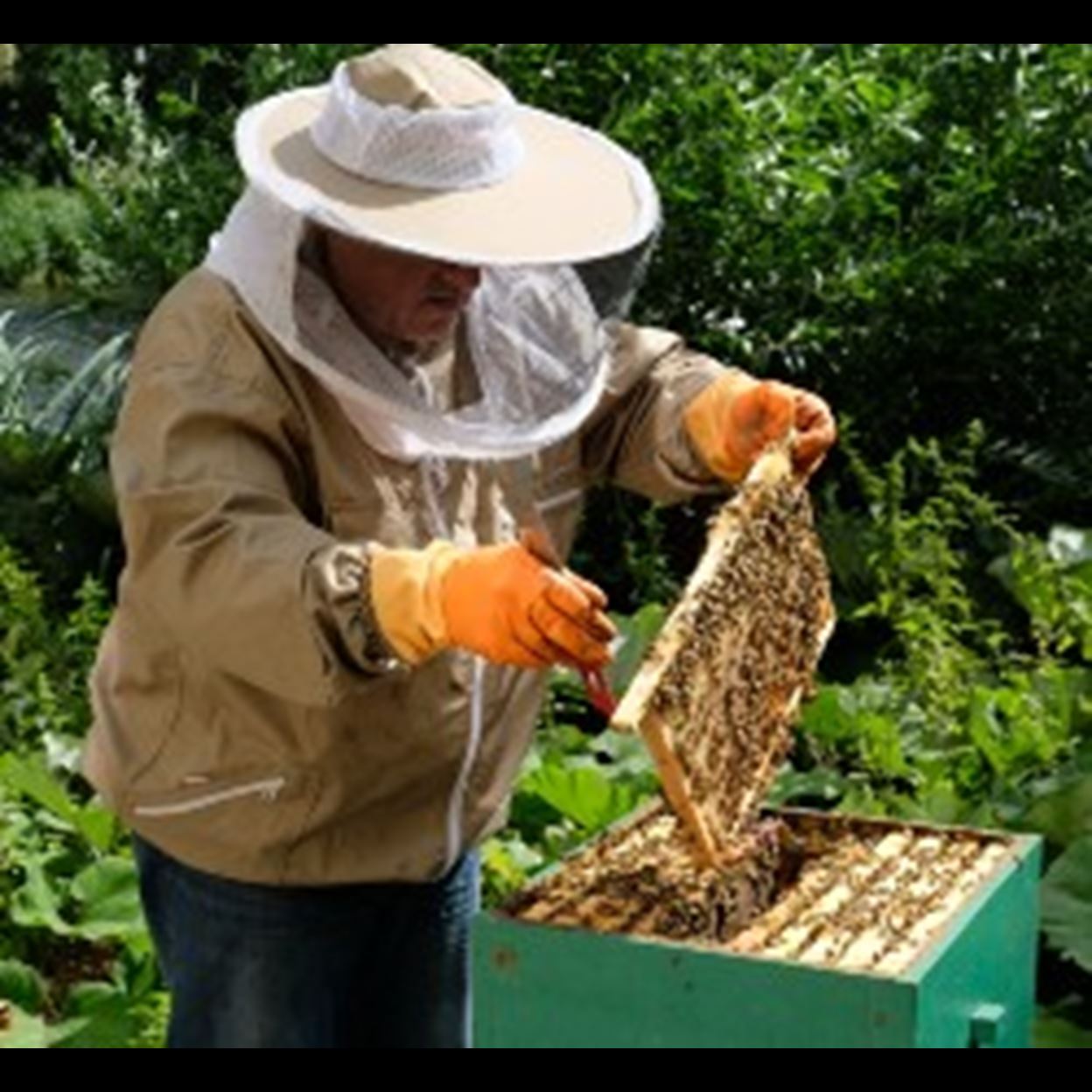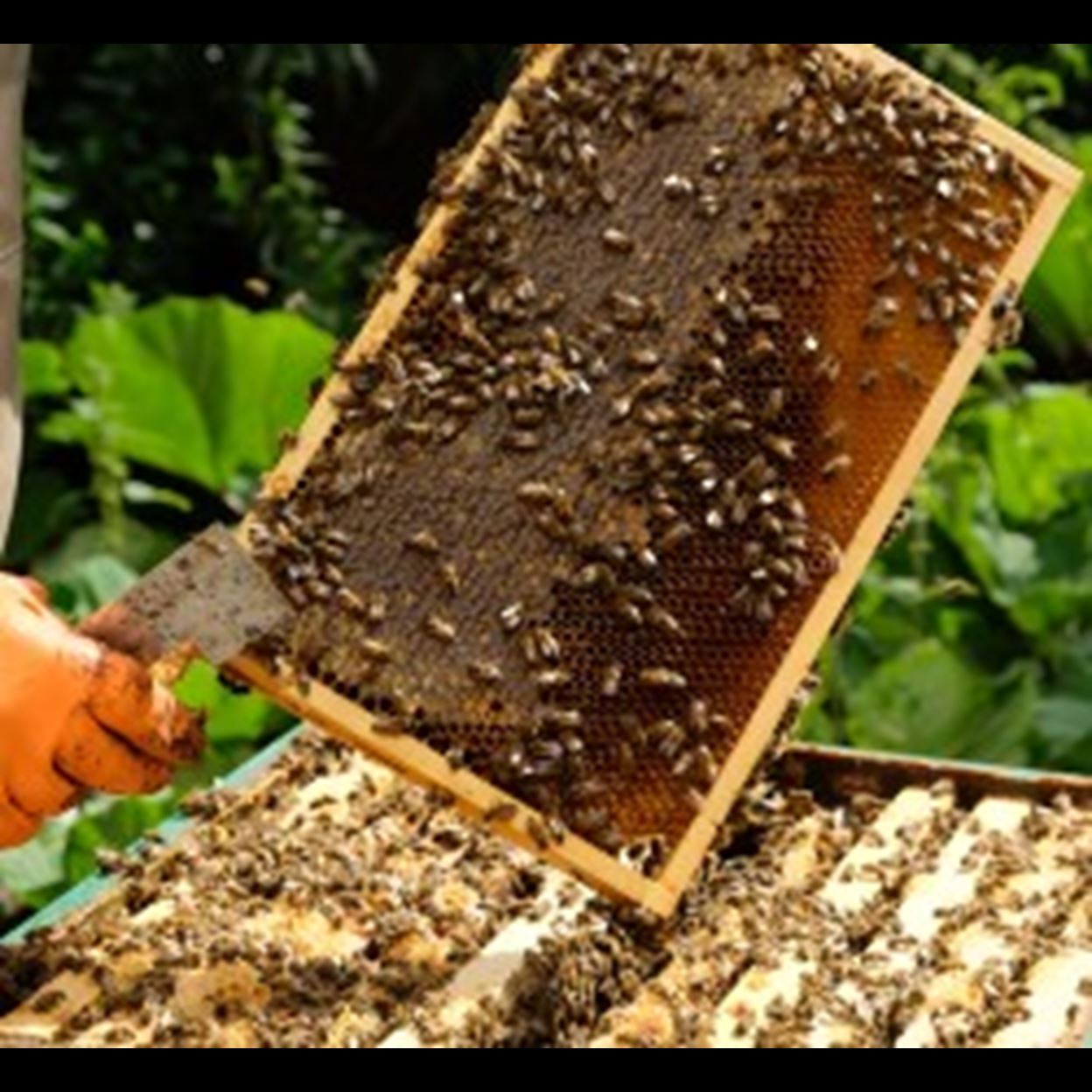22 May was World Biodiversity Day. Zwitserleven has been committed to the preservation of biodiversity for years. We are therefore very proud of the bee colonies in the garden of our office in Amstelveen and happy with our cooperation with Trees for All. We would like to give you an update on both these projects.
Two bee colonies in the Zwitserleven garden
Bees are the most important insects when it comes to pollination and thus the fertilisation and reproduction of all kinds of plants and flowers. Flora that play an important role in the food chain of humans and animals. We, too, are aware that we must continue to take good care of these small animals. That is why two beehives have been placed in the garden of our office for several years now.
In-house bee-keeper
Zwitserleven employee Sokol Nuri is one of the best bee-keepers in Amstelveen. He looks after the bees and makes sure that they do well every season.
“We have two colonies," he says of the bees. “One of 3,000 to 4,000 bees and one of 5,000 to 6,000 bees. These are small to medium-sized colonies. Because a healthy bee population can become much larger. There are colonies that can consist of up to 60,000 bees in June and July."
Healthy and strong
“I make sure the colony is healthy and strong, that's the most important thing. Only then can they survive. Last summer, for example, was a difficult year. There was little rain, so the plants produced little nectar. And without nectar, there is no food for the bees and they cannot reproduce. I then feed them so that their food supply is sufficient to survive the winter. Producing your own honey is actually the lowest priority. But the bees have come out of the winter strong. I think we will have our own Zwitserleven honey this year."
The Zwitserleven forest
The law stipulates that very small pensions of up to € 2 gross per year lapse.
Pension providers no longer have to pay out these pensions. Zwitserleven has chosen to use the amount released from lapsed very small pensions to plant trees. In November, we planted our own forest with this organisation. The Groene Woud in Brabant has now gained 2,000 trees, the 'Zwitserleven forest'. We hope this forest will contribute to a better and more beautiful world. For now and for later."
The Trees for All cooperative: global forest and rainforest projects
Every year, a net 10 billion trees disappear. The consequences for people, animals and the climate are disastrous. This is why Trees for All invests in trees. The new forests will be created in North Brabant and Limburg on former agricultural land on which mainly grass grows now. Different types of trees have been and are being planted to increase biodiversity and lock in carbon dioxide.
For every tree that Zwitserleven donates to the forest project in the Netherlands, Trees for All also plants a tree in one of its projects abroad. The 1-2-Tree Programme.
Trees for All planted hundreds of thousands of trees worldwide in 2020. A few examples:
- In the province of Limburg, Trees for All is planting a total of 43 hectares of new forest. Together with Staatsbosbeheer and Limburgs Landschap, they have already planted more than 75,000 trees in the past year.
- In Kibale Forest in Uganda, no less than 132,800 trees have been planted. Fortunately, work in the project area could largely continue despite corona. Not only trees were planted. Staff on the ground have also been busy removing elephant grass, creating fire breaks, collecting seeds in the original forest and tending to the saplings in the nursery. As soon as these trees are big enough, the next round of planting can begin!
Want to know more? Then take a look at the Trees for All website.
This article is published on








